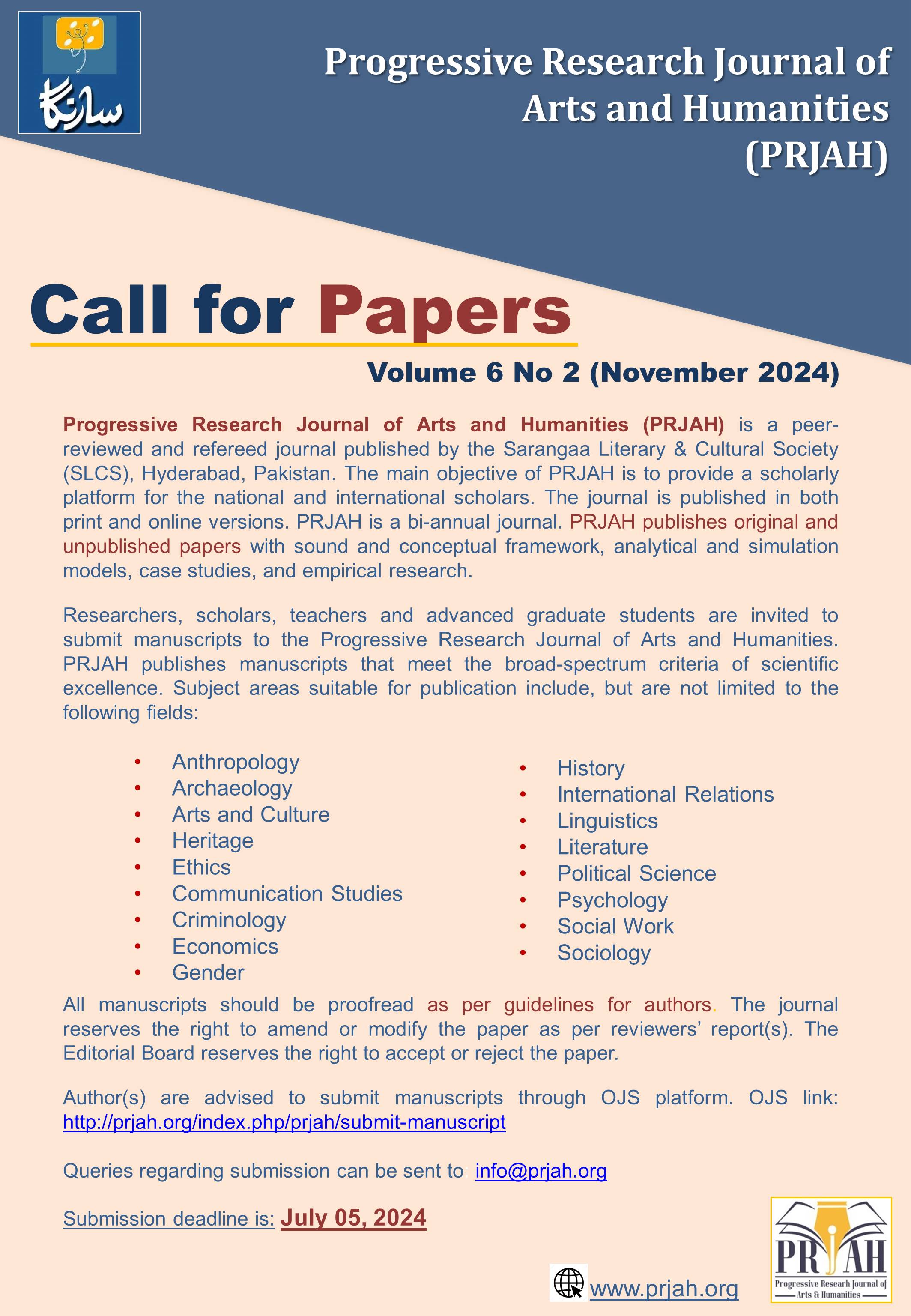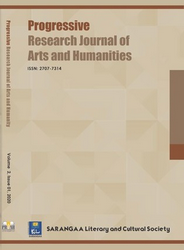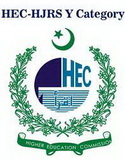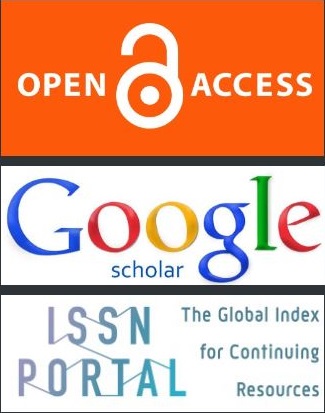Mountbatten and the Transfer of Power (June 3, 1947-August 15, 1947): A Critical Appraisal
DOI:
https://doi.org/10.51872/prjah.vol6.Iss2.320Keywords:
Dominion, Quagmire, Partition, British Empire, SubcontinentAbstract
The British had ruled India for more than a century, but World War II culminated in the weakening of the British Empire worldwide. Thus, it became difficult for them to maintain their domination over a unified India. Lord Mountbatten was sent as the last viceroy of India for a smooth transfer of power. The partition of India was finally decided on 3rd June 1947, and power was transferred on 15th August 1947 to the two dominions of India and Pakistan. However, the British Raj ended in India, and a hasty partition led to large-scale bloodshed of innocent lives. This partition widened the gulf between the two communities, Muslims and Hindus. It happened because of an unplanned partition. Mountbatten was expected to assume the role of an unbiased and just arbiter overseeing the partition of the Civil Service and especially the Army between India and Pakistan. He was supposed to make this process smooth. However, he miserably failed to perform this task and pushed both communities into a quagmire of hatred and enmity. Moreover, this responsibility also lay on the Congress leaders, who failed to perform their duties to curb the violence and ensure the safety of innocent lives during one of the most significant human migrations in recorded history.
References
Ali, C. M. (1967). The emergence of Pakistan. Columbia University Press.
Ali, R. U. (2012). Empire in retreat: the story of India's partition. Oxford University Press.
Burke, S. M., & Quraishi, S. A.-D. (1995). The British Raj in India: a historical review. Oxford University Press.
Chandra, B., Mukherjee, M., Mukherjee, A., Panikkar, K. N., & Mahajan, S. (2016). India's struggle for independence. Penguin UK.
Chawla, M. I. (2014). Revisiting Mountbatten's viceroyalty. In: JRSP.
Chandra, B. (1988). India’s struggle for independence. Penguin Books.
Dar, F. A. (2012). Boundary Commission Award: The Muslim League Response. Pakistan Journal of History and Culture, 33(1), 13–34.
Dar, F. A. (2014a). British Policy and the Transfer of Power in India. J. Pol. Stud., 21, 199.
Dar, F. A. (2014b). Jinnah's Pakistan: Formation and challenges of a state. Oxford University Press.
Ghosh, S. K. (1985). On the transfer of power in India. Bulletin of Concerned Asian Scholars, 17(3), 30–45.
Hodson, H. V. (1997). The Great Divide: Britain-India-Pakistan. Oxford University Press, USA.
Jalal, A. (1994). The Sole Spokesman: Jinnah, the Muslim League and the demand for Pakistan. Cambridge University Press.
Jinnah, M. A., Raflique, A. M., & Ikram, S. (1966). Selected speeches and statements of the Quaid-i-Azam Mohammad Ali Jinnah, 1911-34 and 1947-48. Research Society of Pakistan.
Krishan, Y. (1983). Mountbatten and the Partition of India. History, 68(222), 22–38.
Menon, V. P. (1968). The transfer of power in India. Orient Longmans Bombay.
Morris-Jones, W. (1982). The Transfer of Power, 1947: A View from the Sidelines. Modern Asian Studies, 16(1), 1–32.
Nawaz, G. (2013). The British Plan of the Partition of the Punjab in 1947. Pakistan Journal of History and Culture, 34(2).
Philips, C. (1986). Was the partition of India in 1947 inevitable? Asian Affairs, 17(3), 243–251.
Talbot, I. (1984). Mountbatten and the partition of India: A rejoinder. History, 69(225), 29–35.
Tan, T. Y. (1994). Prelude to Partition: Sikh Responses to the Demand for Pakistan, 1940–47. International Journal for Punjab Studies, 1(2), 167-195.
Wolpert, S. (1984). Jinnah of Pakistan (Vol. 144). Oxford University Press, New York.
Wolpert, S. (2001). Gandhi's passion: The life and legacy of Mahatma Gandhi. Oxford University Press.
Wolpert, S. (2009). Shameful flight: The last years of the British Empire in India. Oxford University Press.
Ziegler, P. (1985). Mountbatten: the official biography. Alfred A. Knopf.
Downloads
Published
How to Cite
Issue
Section
License
Copyright (c) 2025 Progressive Research Journal of Arts & Humanities (PRJAH)

This work is licensed under a Creative Commons Attribution 4.0 International License.







